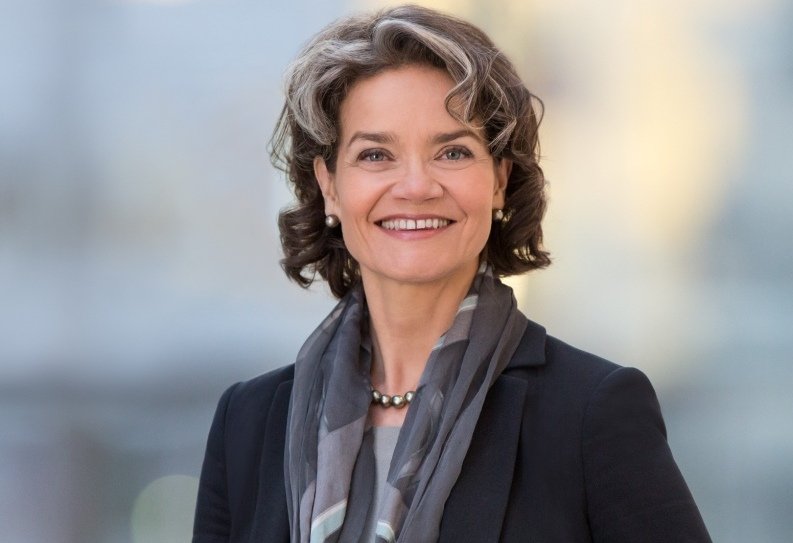 Claudia Nemat, member of the Board of Management, Technology and Innovation at Deutsche Telekom, has revealed her expectations from 5G mobile.
Claudia Nemat, member of the Board of Management, Technology and Innovation at Deutsche Telekom, has revealed her expectations from 5G mobile.
The Mobile World Congress (MWC 2017) in Barcelona is at our door and one subject will dominate at the fair: 5G. This abbreviation for the new communication standard is already causing a big stir in our industry. For me, one thing is particularly important in this regard: speed is not everything with 5G.
I like to compare it with the decathlon: the fastest sprinter is not always also the best decathlete. Only who can score consistently well across all disciplines will be successful at the end of the day. That is something requiring a perfect combination of various abilities – not least perseverance. And this is also the case with 5G.
What exactly do I mean with that? 5G is significantly more multifunctional than its predecessor. With it we create the prerequisites for a fully networked society. Then it will not only be people who are participating in the smart network, but also cars, machines, heaters and even rubbish bins. And it will be a network full of possibilities – each of the participants will have completely individual demands on the technology.
That’s why we’re making our network infrastructure intelligent. And that’s where the real innovation of 5G lies. With network slicing we create network architecture that delivers precisely the network that the network participants – no matter if man or machine – require for the most diverse range of applications. Be it low latency for robotic applications (or for gamers), an especially high data rate for HD streaming or maximum connection durability over which billions of sensors communicate with each other (NarrowBand IoT).
This allocation of tailored network characteristics allows road safety to be boosted as vehicles can receive information on potential risks within a hundredth of the blink of an eye. I can stand directly in the first row of a concert via virtual reality with a simple glance at a concert poster.
Bicycle navigation appears as a hologram in front of the handlebars and we can speak with people from other countries without a hitch as the technology provides a simultaneous translation. At the same time, thousands upon thousands of sensors are regularly transmitting their individual statuses across the entire city. It is therefore clear that there is a lot more to it than just speed.
These are scenarios from the near future. But what will happen after that? Which applications will we use then? In the past, new technology had certain characteristic attributes – which then everything wanting to use it needed to follow.
5G, however, turns the tables. Visionary applications specify their demands and the network must react flexibly. The application scenarios that will emerge over time based on 5G are today therefore hardly foreseeable. Decisive is: an intelligent network is the basis. A network that adjusts to visionary ideas.
It’s clear that such a race cannot be contested alone. Worldwide connectivity – the digital society – can only become a reality when a global standard is agreed upon. On its journey towards the finishing line in 2020, Deutsche Telekom has already scored well in many disciplines and has shaped this standard. Together with our partner SK Telecom in South Korea, we have also just recently built the world’s first intercontinental 5G test. In doing so, we have demonstrated a further idea for the future standard on the path towards 5G. So to speak a super-smart roaming agreement for globally active firms.
Mobile World Congress is the arena to drive 5G further. The goal is within sight – the digital society.





